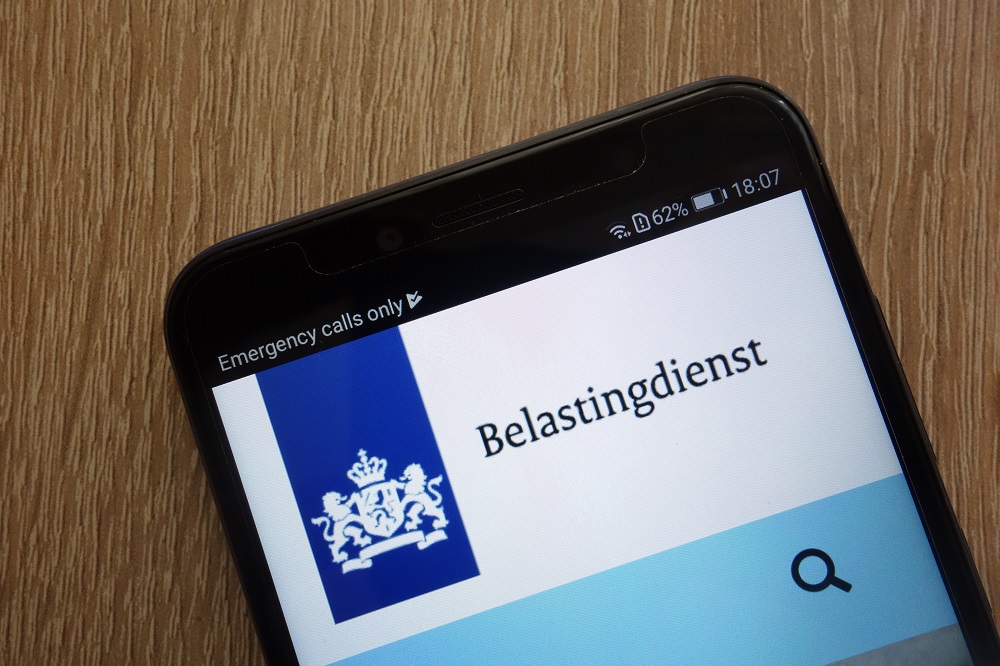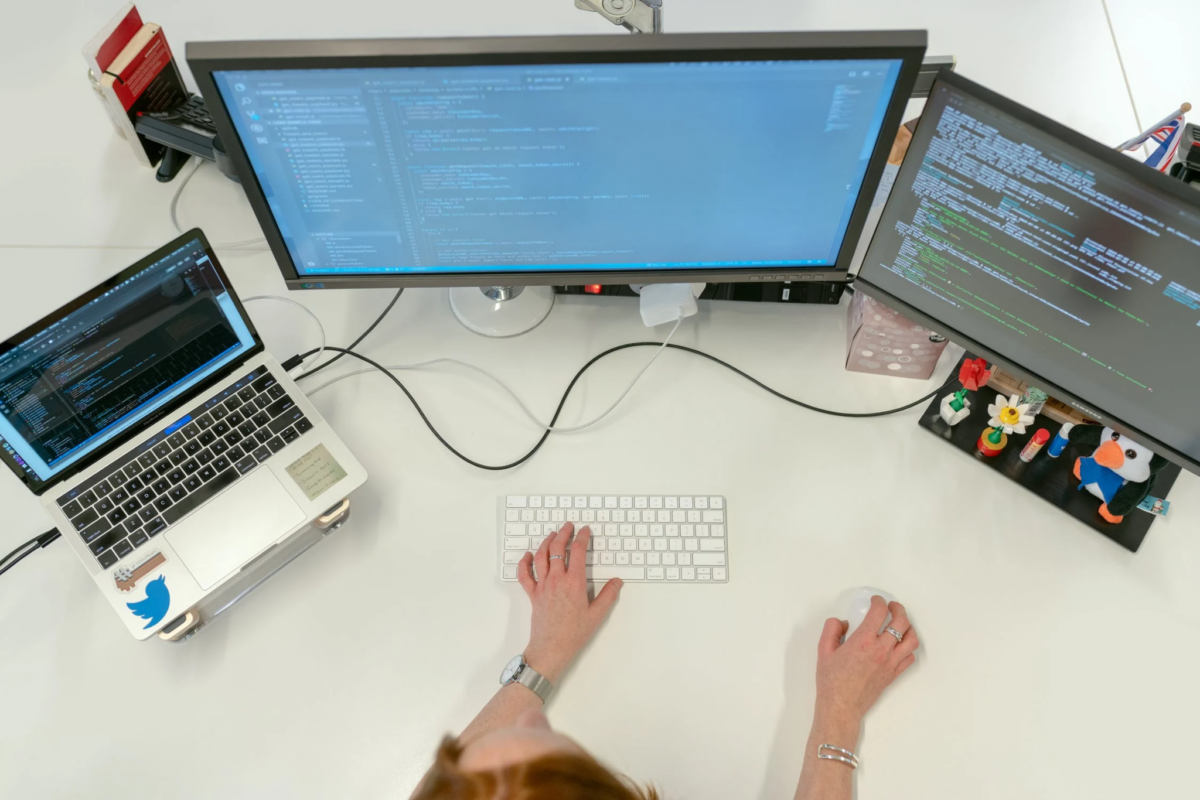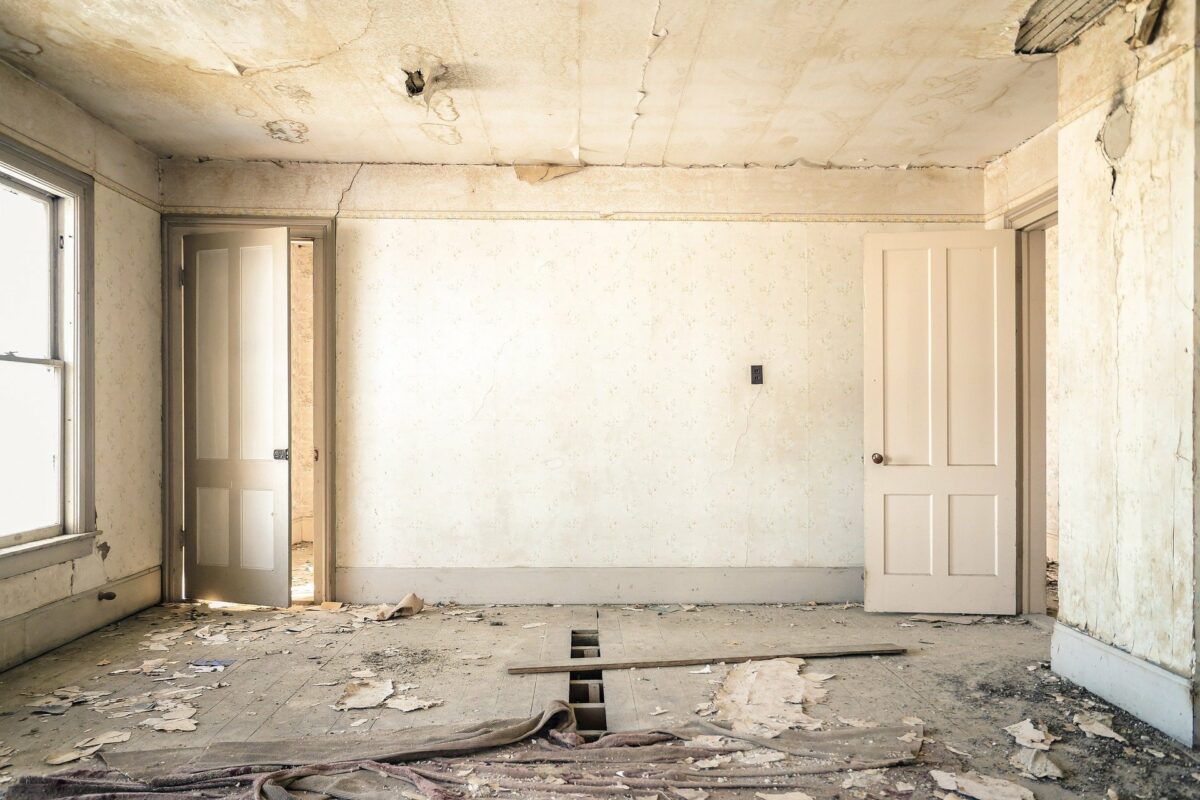The Netherlands has its own unique set of customs. There is an etiquette for how you invite someone over for coffee, how you converse with them, and even how close to them you stand! If you want to avoid putting your foot in your mouth, or inadvertently offending your new Dutch neighbors, keep reading. We will explain some key Dutch do’s and Dutch don’ts on this page.
PERSONAL SPACE AND SOCIAL INTERACTIONS
Holland has one of the highest average population densities in the world. Interestingly, this lack of physical space in the Netherlands has an effect on how the Dutch interact with one another:
- There are 408 inhabitants per km2 in NL
- This means that everything, and everyone, is very close together!
- There is a theory that the Dutch compensate for this lack of physical space, by keeping their interactions quite formal. They create space between one another socially, if you will
- The idea is that they can better deal with the problems of living in such a crowded society, because they are never emotionally too close to their neighbors
Queueing in NL
Observe, for instance, the Dutch standing in line (if you can find one in the Netherlands!):
- They will normally stand very close together
- Americans, in comparison, tend to feel uncomfortable if someone stands so near to them in a queue
- Yet, socially, Americans are far more intimate with one another than the Dutch
- Americans appear to interact with people informally, and typically everyone by their first name
- Dutch interaction, on the other hand, is generally stylized and formal
- Calling a Dutch person by their first name when you are not supposed to is like talking to an American with your nose three inches from his!
It’s not Personal
- This formality is mistaken for standoffishness by many foreigners
- Try not to be offended, because it is just the Dutch way of coping with life in a shoebox!
- As long as you are polite enough to respect other people’s social space, they will politely respect yours, and tolerate almost anything you want to do
GETTING A WORD IN
As in many other cultures, the Dutch have a custom of pausing at the end of a sentence, to indicate that they have finished talking and that someone else can take a turn. However, a Dutch person will typically only leave a short pause, when he or she has finished speaking. An English person, on the other hand, will wait much longer for someone else to speak, before they continue themselves. For expats, this can take some getting used to:
Pausing in NL
- When a Dutch person speaks English, he or she will still use the same, short ‘change-speakers’ pause, to give others a chance to join the conversation.
- So, when you first move to the Netherlands, you might find that you cannot get a word in!
- This can offend some expats
- Try to remember that you are probably not being cut off on purpose, and you just need to acclimatize to this new way of interacting
- Simply becoming aware of this Dutch custom will help you to reset the length of time you wait before you speak
- If you are having trouble connecting with people, why not learn a few Dutch expressions? This can be a great way to impress your new Dutch acquaintances, and to demonstrate that you are making an effort to embrace their culture
Paying a visit in NL
Typically, the Dutch consider it bad etiquette to ‘call in’ on someone informally, without an invitation. You can use this general rule of thumb when it comes to paying a visit in the Netherlands: The less intimately you know someone as a friend, the further in advance you need to call them to arrange a get-together. So:
- If you know someone very well, it is acceptable to drop in on them in the morning and to ask whether you can come by that evening
- Normally, however, you should call in advance
- In the Netherlands, grown children even call their parents – and vice versa – to see if it is all right to come by for a visit
‘Fashionably Late’: It’s Unfashionable here!
This ‘calling in advance’ business works both ways:
- In Holland it is not customary to invite your Dutch acquaintances to just ‘drop by anytime’
- If you want to invite someone over, set a specific time and date and specify what you intend to serve
- For example, you could say: “Come by next Tuesday at two for coffee”
- Your guest will be there at the stroke of two
- ‘Fashionably late’ in Holland is waiting for the bell on the tower clock to finish chiming, before you ring the doorbell
Coffee etiquette in NL

As we mention in our article about Dutch food, coffee-drinking is a sacred custom in the Netherlands. The etiquette surrounding Dutch coffee works as follows:
- Because the Dutch are such a punctual people, if you have received an invitation to come over for coffee, you can expect it to be ready to pour when you arrive
- If you have issued the invitation, your guests will expect the same of you
- Coffee (or tea) is the absolute minimum that a house guest will be offered by their host or hostess in the Netherlands
- Even the workmen who have come to fix a leaky faucet will be offered a cup of coffee
- Usually there will also be cookies of some sort. Or, if it is a special occasion, like a birthday or an anniversary, pastries
- ALWAYS WAIT TO BE SERVED. It’s considered very impolite to help yourself in the Netherlands
- Accordingly, do not forget to offer your Dutch guests a second round of coffee, tea, or cookies, because they will not help themselves!
“Koffie?”
 A couple we know, who speak no Dutch, went to visit a friend in Holland. When they came back, they were proud to announce that they had learned the Dutch word for ‘Hello’. 'Koffie?' they said. In a way, they were right.”
A couple we know, who speak no Dutch, went to visit a friend in Holland. When they came back, they were proud to announce that they had learned the Dutch word for ‘Hello’. 'Koffie?' they said. In a way, they were right.”
The first thing any Dutch host or hostess will say to someone who comes into their house is not “Hello”, but: “Koffie?”. That’s right, they ask whether their guest wants a coffee as a greeting, before they have even said hi!
HOSPITALITY GIFTS IN NL
Dutch etiquette dictates that a visit to someone’s home invariably calls for a hospitality gift:
Flowers, cookies, or candy are almost always appropriate
- If you think that your host or hostess might be dieting or diabetic, take flowers
- They are quite inexpensive in the Netherlands, since Holland is the world’s largest flower exporter
 Tip
Tip
Buying Flowers in NL
Buy flowers with the blooms still closed! Here’s why:
- They will last longer
- Fully open flowers are considered to be a little bit cheap and tacky in the Netherlands
- If you present someone with already-bloomed flowers, you guests might make assumptions
- They might think that the florist took advantage of you as a foreigner, and palmed them off on you
- Or worse, you saw their lower price, and decided to skimp on your hospitality gift
The kissing custom in NL
Many expats are taken by surprise, when they first witness the Dutch ritual of greeting guests. The custom goes as follows:
- Ladies enter first
- Each will be given three kisses on her cheek: ‘right-left-right’, by each host and hostess
- Next, the men will come in
- They will shake hands with the other men, and kiss the ladies lightly on the cheek three times: ‘right-left-right’
- The kisser/ hand shaker will state his or her name as they perform their greeting
As a foreigner you can get by with shaking hands, instead of kissing, if you are more comfortable with this!
 Useful links
Useful links
www.netinnederland.nl: an online platform to help newcomers to the Netherlands learn Dutch and become familiar with Dutch society. It leads you to some of the most popular television programs, which have subtitles in English.

The Holland Handbook 2024
It is that time of year again; the new and annually-updated version of The ...

Dutch Taxes
Taxes are always complicated. If you have moved to the Netherlands from another country they ...

The UnDutchables 9.0
Following the legendary previous eight editions of The UnDutchables, the 9th edition of this all ...

Making the most of your Dutch home
Whether you are renting, staying in a long-term AirBNB or have just bought a ...

Gift giving in the Netherlands-all ...
If you feel like skipping your birthday, you may be in for a challenge when ...

10 things you will find in every Du ...
The Dutch are very fond of houseplants, the more the merrier! You will find the ...

Obtaining a Mortgage as an Expat in ...
Obtaining a mortgage as an expat in the Netherlands can be a complex process, as ...

Help me move to the Netherlands!
Obviously, the decision to move to the Netherlands is not one to be taken lightly ...

The Impact of Technology on Educati ...
Education is unending and pivotal in society. Technology is one of the most dynamic entities ...

Five Renovation Tips to Increase yo ...
Learn how much home renovations cost – and which repairs increase the home value, and which ...
 Recommended reading
Recommended reading